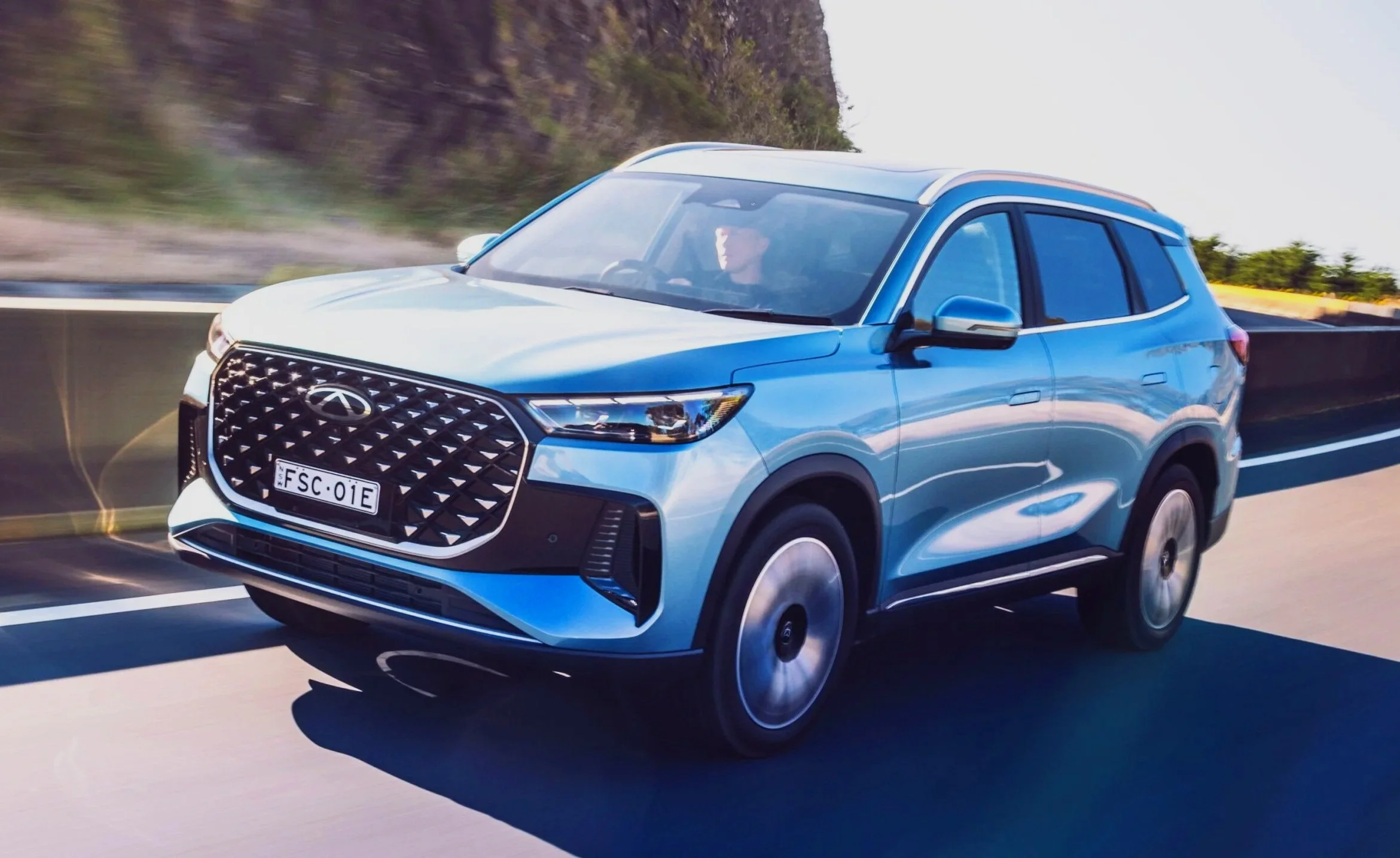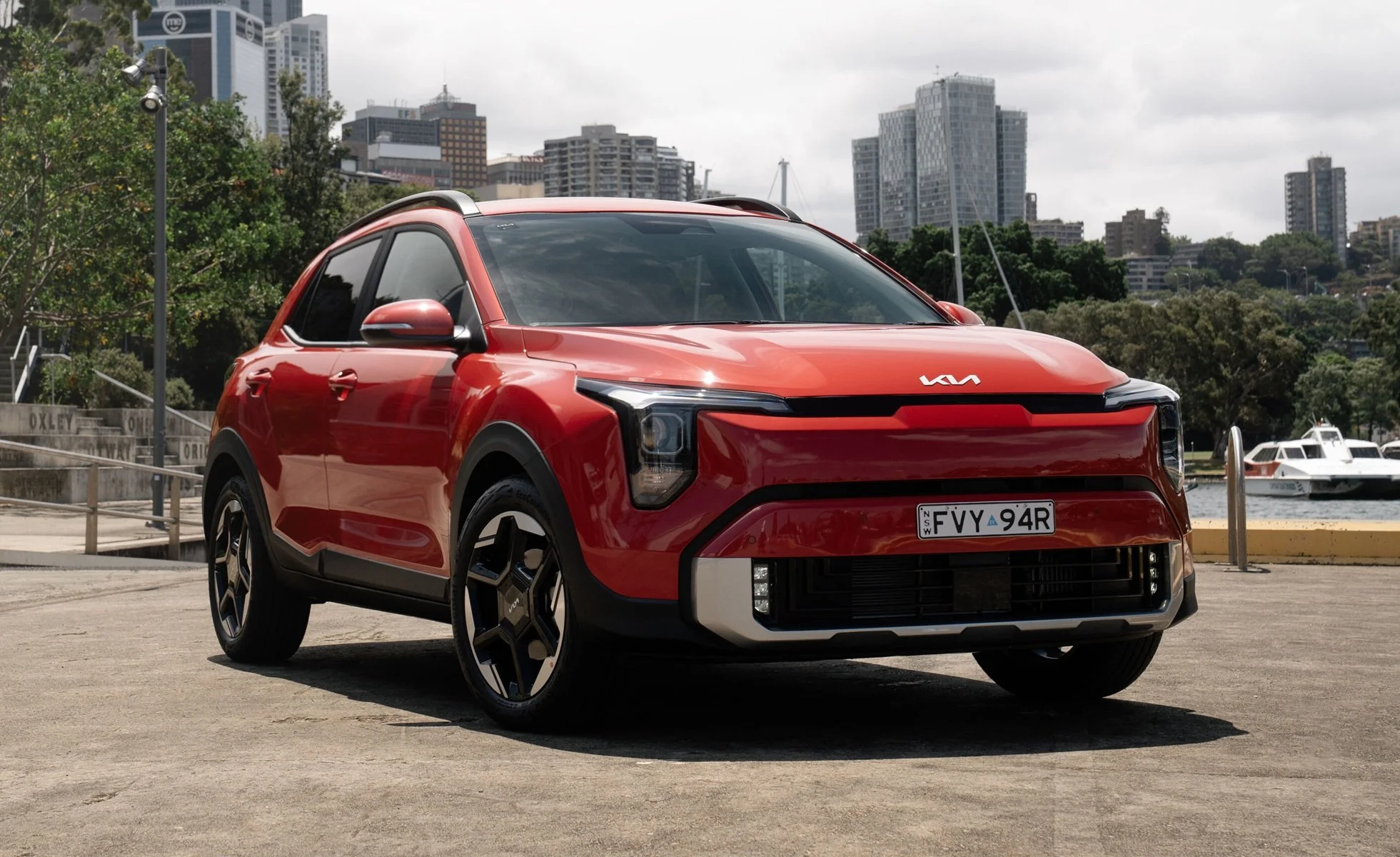Should I fit an aftermarket fuel filter on my diesel ute?
QUESTION
Hello John,
I’ve found your channel a great source of common sense advice, particularly with regard to sensible towing and understanding GVM/GCM etc. It also finally convinced me to get around to installing a TPMS on my daily drive just in case.
I do a reasonable amount of country driving through small towns and I’ve always been a bit worried about fuel quality. I had a diesel contamination issue a few years back on a borrowed Everest that cost about three grand to fix and I got the impression that that was at the cheaper end - I had filled up at a tiny servo in the middle of nowhere and there was a bit of water in the fuel.
Most of my longer distance driving is now in a 2020 Ranger bi-turbo, very early days with this but going well so far. I’m wondering what your thoughts are on after-market diesel fuel filters?
I am likely to do some long trips in western NSW and North Queensland this year so I reckon I will use a lot of small country town servos. As well as the money I really don’t want to lose the engine in the middle of nowhere. Is installing an after market filter worth bothering with, and if so, the ones before or after the factory filter in the fuel line?
I also sometimes carry a jerry can of diesel as an insurance policy on long trips and I’m guessing there is a risk of condensation forming in them as well? And of course the engine is still under warranty so trying not to void that.
Appreciate your thoughts, and apologies if you have addressed this one before.
Regards,
Andrew
My AutoExpert AFFORDABLE ROADSIDE ASSISTANCE PACKAGE
If you’re sick of paying through the neck for roadside assistance I’ve teamed up with 24/7 to offer AutoExpert readers nationwide roadside assistance from just $69 annually, plus there’s NO JOINING FEE
Full details here >>
ANSWER
Andrew,
Thanks for the kind words.
Fuel is effectively filtered in modern vehicles.
For water to get into the fuel system (downstream of the tank) it has to pool in the bottom of the tank and accumulate to the level of the pickup. That’s a lot of water… (There’s always an unusable fuel volume below the pickup.)
You could fit a water trap, specifically, or just increase the frequency of changing the standard fuel filters.
Condensation can form in any tank - not just jerry cans. As fuel is used, air replaces it. If it is humid, it’s humid air in the tank. If the temperature then drops, it condenses.
It should be possible to fit a water trap in the low pressure delivery line, which has the capacity for regular draining and visual inspection.
JC
LIVESTREAMS
Don't forget to join me for my 'Ask Me Anything' Q&A livestreams on YouTube every Thursday night at 8:30pm Sydney time.
Best way to catch that live is to subscribe to my YouTube channel (link below) and hit the bell icon. YouTube will alert you every time I go live.
I upload several new reports every week, so don't forget to subscribe to my YouTube channel








It’s rare that such an example of bad engineering comes along in the car industry. Here’s what you should know before buying this cheap but decent-looking SUV for you or your family…